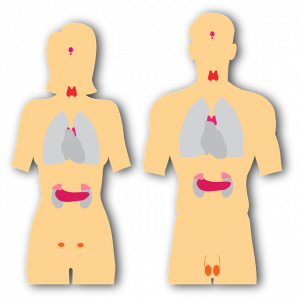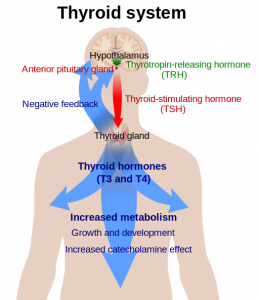We humans need an adequate dietary supply of selenium. Like iron and iodine, our bodies need this essential trace element in sufficient amounts from food for normal physiological functioning.

The content of selenium in food varies according to the selenium content of the soil in any particular region [Stoffaneller & Morse 2015]. Unfortunately, in most areas of the Nordic and Baltic countries, the soil is poor in selenium. Accordingly, the local crops and fruits tend to have low selenium content. An exception is Finland, which enriches soil fertilizers with selenium. Import of wheat from regions with high contents of selenium in the soil has earlier been an important source of selenium in Norway [Alexander & Olsen 2023].








